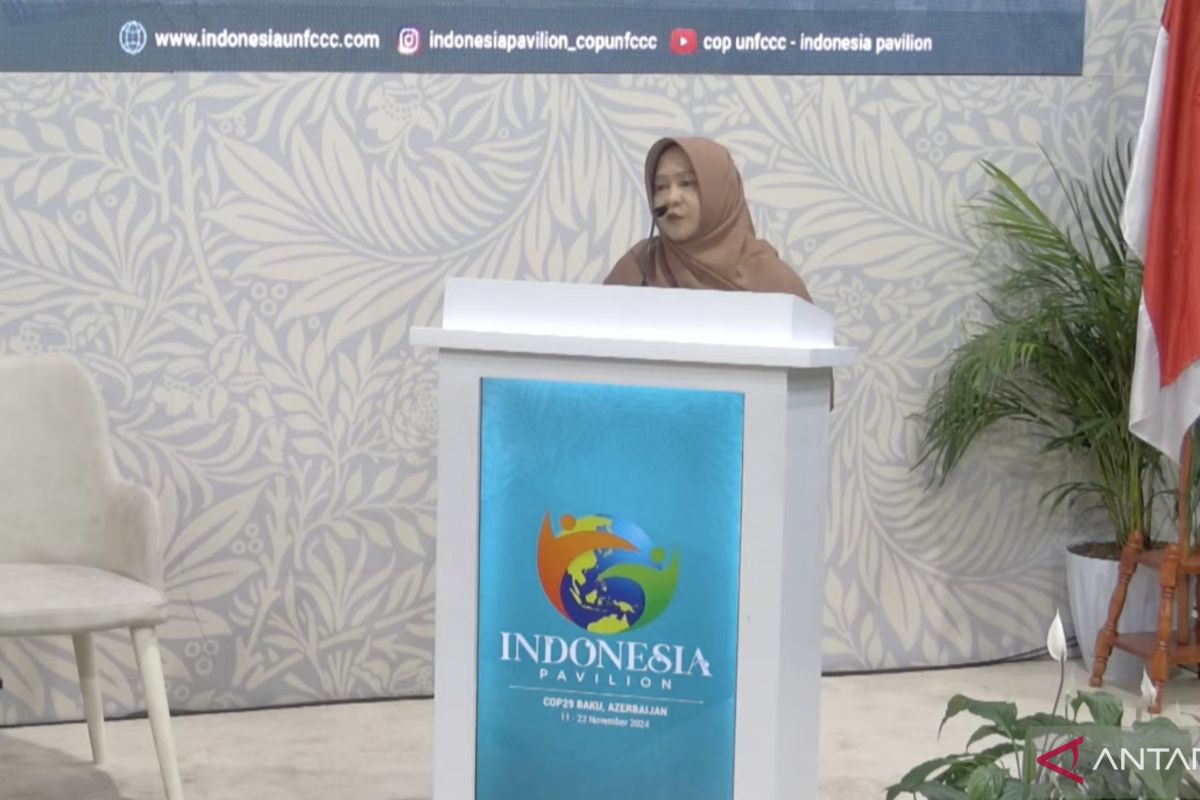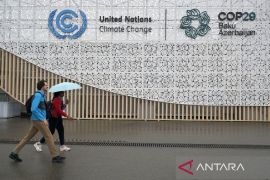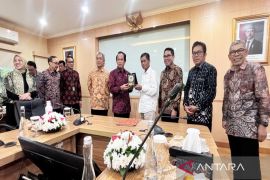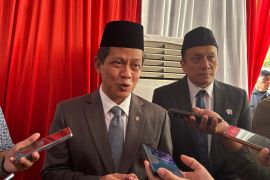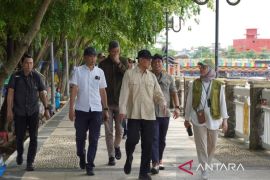Jakarta (ANTARA) - The Ministry of Environment (KLH)/Environmental Control Agency (BPLH) has emphasized the importance of the role of communities in sustainable climate action, especially those most affected by climate change, including within the scope of ASEAN.
Deputy for climate change control and carbon economic value governance at the KLH/BPLH, Laksmi Dhewanthi, said that Southeast Asia is particularly vulnerable to the impacts of climate change due to its geographical location, economic sector, and social characteristics.
She made the remarks at the launch of an ASEAN document entitled "Assessment of Community-based Climate Action (CBCA) in ASEAN" on the sidelines of the 29th Climate Change Conference (COP29) in Azerbaijan, which was followed online from Jakarta on Monday.
"From rising sea levels that threaten coastal communities to increased frequency of storms and more intense droughts: These challenges impact all sectors and lives in the ASEAN region," Dhewanthi said.
She cautioned that if these are not tackled, the ASEAN region could experience a loss of economic potential of up to 35 percent of the gross domestic product (GDP) by 2050 from the economic, tourism, and fisheries sectors.
"This community-based action or community-based approach recognizes the importance of local wisdom, innovation, and leadership in mitigation and adaptation actions," she said.
"Through community-based climate action, ASEAN wants to leverage these strengths to promote strategies implemented by communities to reduce greenhouse gas emissions," she added.
Some aspects of community-based action include sustainable agricultural practices, new renewable energy solutions, and conservation actions carried out by communities at the grassroots level.
The document, she explained, outlines successful practices of community-based climate action and provides space for knowledge sharing and future collaboration by stakeholders.
The document highlights characteristics of community-based action, gaps, and challenges as well as key strategies to build community resilience.
Dhewanthi further said that cooperation can be carried out not only among ASEAN member countries but also other stakeholders.
"By supporting community-based climate action, we can build a more resilient and sustainable future that empowers every individual, especially those on the front lines of climate change," she added.
Related news: Indonesia to pursue sub-national climate targets from 2025
Related news: Indonesia urges global action on sea level rise
Related news: Ministry advocates for women’s role in climate action
Translator: Prisca Triferna Violleta, Cindy Frishanti Octavia
Editor: Azis Kurmala


